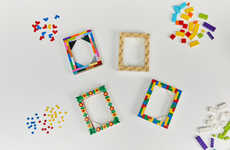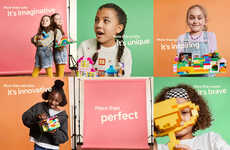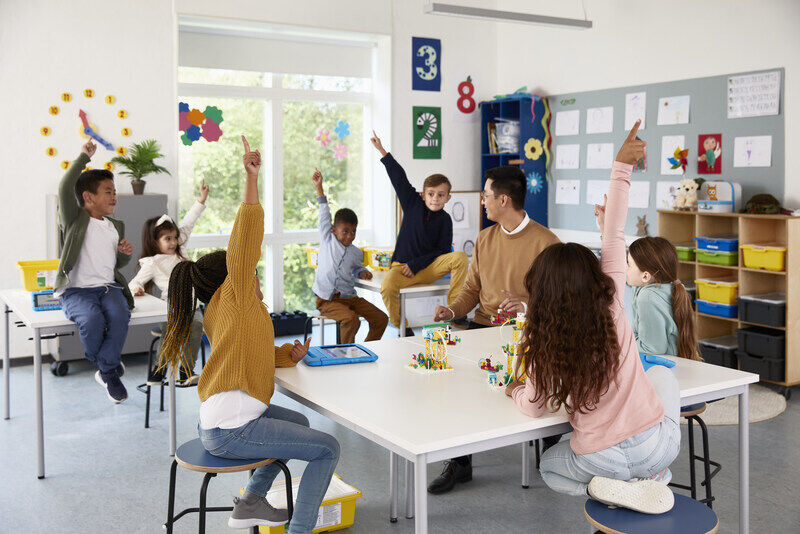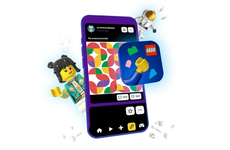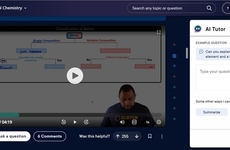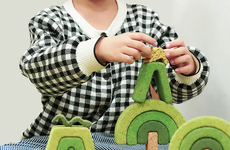
The LEGO Education Report Offers a Look into the Classroom
References: education.lego & prnewswire
The LEGO Education Report reveals that only one-third of key stakeholders — a group that includes administrators, teachers, and parents — perceive their students as engaged in the classroom. The study, which involved over 6,000 participants across five countries, underscores the widespread issue of disengagement and its impact on student outcomes and teacher satisfaction.
Key insights from the LEGO Education Report highlight that disengagement is associated with increased absenteeism and behavioral issues, while engagement is linked to improved academic performance and student well-being. Specifically, engaged students show higher levels of confidence, happiness, and excitement towards learning. For teachers, increased student engagement correlates with greater job satisfaction and reduced turnover intentions.
The report suggests that hands-on, play-based learning strategies, such as those offered by LEGO Education, are effective in boosting engagement. This approach leverages students' natural curiosity and creativity, making learning more interactive and enjoyable. The findings advocate for new curricula and resources to address engagement challenges and emphasize the positive ripple effect of engagement on both students and teachers.
Image Credit: LEGO
Key insights from the LEGO Education Report highlight that disengagement is associated with increased absenteeism and behavioral issues, while engagement is linked to improved academic performance and student well-being. Specifically, engaged students show higher levels of confidence, happiness, and excitement towards learning. For teachers, increased student engagement correlates with greater job satisfaction and reduced turnover intentions.
The report suggests that hands-on, play-based learning strategies, such as those offered by LEGO Education, are effective in boosting engagement. This approach leverages students' natural curiosity and creativity, making learning more interactive and enjoyable. The findings advocate for new curricula and resources to address engagement challenges and emphasize the positive ripple effect of engagement on both students and teachers.
Image Credit: LEGO
Trend Themes
1. Play-based Learning - Hands-on, play-based learning strategies, like those from LEGO Education, make learning more interactive and enjoyable, boosting student engagement.
2. Engagement-boosting Curricula - New curricula designed to address engagement challenges can lead to improved academic performance and greater well-being among students.
3. Teacher Satisfaction Through Student Engagement - Increased student engagement not only helps students but also correlates with greater job satisfaction and reduced turnover rates among teachers.
Industry Implications
1. Educational Technology - EdTech companies can innovate by developing tools that facilitate play-based and interactive learning, addressing widespread disengagement in classrooms.
2. Curriculum Development - Firms specializing in curriculum design have the opportunity to create new programs that incorporate hands-on, engaging activities to improve student outcomes.
3. Teacher Training - Organizations that focus on teacher professional development can offer training on engagement strategies to enhance job satisfaction and reduce turnover intentions.
6.1
Score
Popularity
Activity
Freshness





